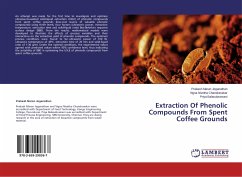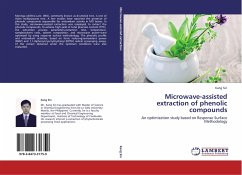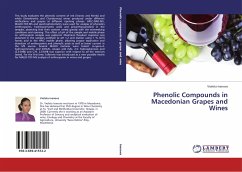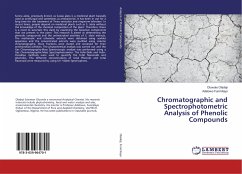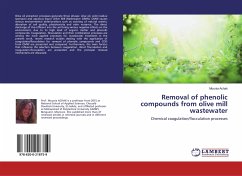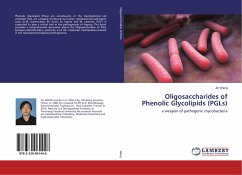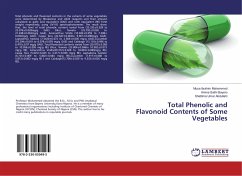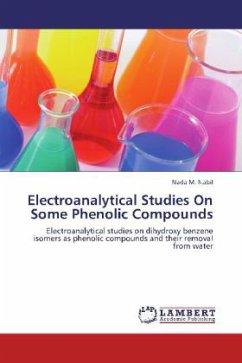An attempt was made for the first time to investigate and optimize ultrasound-assisted solid-liquid extraction (USLE) of phenolic compounds from spent coffee grounds (low-cost source of valuable phenolic compounds) using three levels, four factors (ultrasonic power, extraction temperature, extraction time and solid-liquid ratio) Box-Behnken response surface design (BBD). From the results, mathematical models were developed to illustrate the effects of process variables and their interactions on the extraction yield of phenolic compounds. The optimum process conditions were found to be: ultrasonic power of 410 W, ultrasonic temperature of 49°C, extraction time of 26 min and solid-liquid ratio of 1:30 g/ml. Under the optimal conditions, the experimental values agreed with predicted values within 95% confidence level, thus indicating the suitability of BBD in optimizing the USLE of phenolic compounds from spent coffee grounds.

